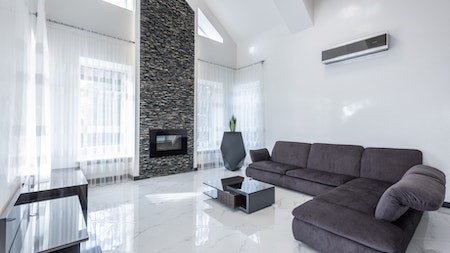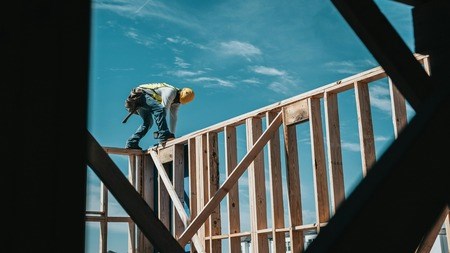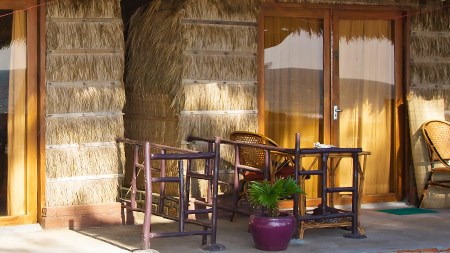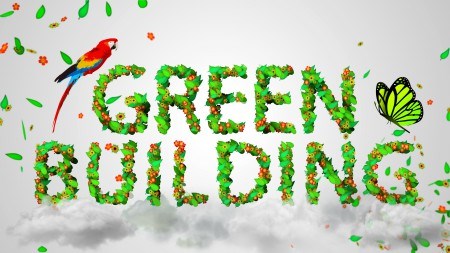At the end of 2022, the United Nations shared that there is currently no credible pathway to reach the present climate mitigation targets. However, people are increasingly more eco-conscious, which has been given more momentum by embracing GreenTech. As a result, GreenTech is becoming more recognised as one of the biggest growth areas in the innovation and startup space, with the potential to shape our future and lifestyles, particularly in the home.
So, what is GreenTech?
For the answer, we turned to Sean Godoy, MD of Divercity Property Solutions and co-founder of the SA Proptech Association.
According to Sean, "It is a broad term but speaks to the intersection of technology and the crucial drive for environmental sustainability in all human activities. As with most buzzwords, there are varied definitions, but to be very cliche and referring to the Oxford Dictionary, it is ‘technology whose use is intended to mitigate or reverse the effects of human activity on the environment."
There are many ways that GreenTech influences people, even subconsciously: food supply, consumption and value chains, carbon offsetting, sustainable mobility, social impact, and many more applications. Homeowners are likely to take advantage of some of this tech, even if they are oblivious to the positive environmental impact that may not be tangible.
This is what makes GreenTech great. It often comes with benefits that clearly appeal to users, such as cost savings or less reliance on external supply. The tech does it all for you, which is particularly exciting for homeowners, especially those planning to build a new home.
“When adopting GreenTech into the property industry, it serves to make homes and buildings more sustainable overall in terms of operation, design and construction, with a focus on energy and water usage,” says Godoy.
"By designing homes with green principles in mind and using sustainable materials and building practices, various environmental impacts can be reduced, both long- and short-term. For example, design to facilitate natural ventilation or benefits of insulation to limit the need for heating and cooling systems. During construction, building processes can be developed to limit waste and promote efficiency, such as 3D printing.”
This brings into play construction technology (ConTech), which, although a broad sector on its own, is aligned with GreenTech. Housing makes up a massive portion of the built environment hence its importance in sustainability on a macro level.
As Godoy notes, an investment into ConTech is about investing in tech-enabled sustainable building practices and environmentally-friendly materials, all of which can reduce the environmental impact of the whole construction lifecycle. ConTech and GreenTech together lower the amount of carbon emissions into the atmosphere, are often cost-effective in the long run, and “serve to modernise the industry in terms of innovative design, efficient construction and efficient homes,” says Godoy.
Even better, there is proof that GreenTech increases the value of a home. For example, an Elevate Energy study in Chicago (we, unfortunately, have no local stats to compare to) showed that homes in the region that disclosed energy costs sold almost one-third faster by an average of 20 days and had higher (10%) deal closing rates.
What is interesting is that there are some global real estate players that are making a case 'for selling customers on the prospect of making money, not saving energy’ as is the case with WegoWise’s Andrew Chen. He says: “Let’s stop selling efficiency or even selling savings. Let's sell the act of making more money."
"Sellers must consider, however, that a green or sustainable home must have the needs of users front-of-mind," says Godoy. Regardless of making an investment case for property value, anecdotal evidence shows that most buyers are keen to find homes that embrace green characteristics in line with increasing environmental consciousness, and existing homeowners are also open to retrofitting.
Solar easily comes to mind, given SA's current load-shedding climate. Solar is a renewable energy source and a relatively cost-efficient way to reduce reliance on an unreliable, 'dirty' electricity supply, especially when future cost savings are taken into account. The same can be said for the retrofit of air-quality and light-enhancing devices that make for more comfortable homes.
While some buyers may consider GreenTech in a home purely as a bonus, this is set to change as users begin to deepen their demand for green in all products and services. “This is already prevalent in consumer behaviour," says Godoy. "For example, someone may choose to buy a vehicle with a specific focus on reduced emissions over one that does not. People are generally more conscious of packaging and whether their appliances are energy or water efficient.
“The same is true for home buyers or tenants. There is the will to limit our impact on the environment, and that’s why the commercial industry introduced green building ratings sometime ago, which promote the position of a landlord’s stance on environmental best practices.”
Sustainability and environmental consciousness are a global wave that is not a passing phase; it's a real transformation of the property space. We are definitely going to see GreenTech homes featuring more and more on the top of the buyers' wish lists. This is driven by a shift in behaviour and an awareness of the impact of how we live, work, and play.
Writer: Kerry Dimmer





